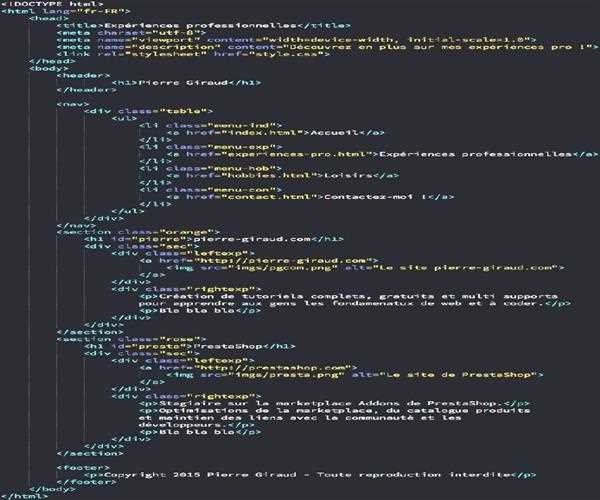There is a difference between compiled and interpreted languages regarding how they run. They translate the whole code to machine language and this feature makes them more efficient as compared to interpreted languages. Statements in Interpreted languages are run sequentially or step by step, this makes the language very flexible but slow. Some of them are as a result of the speed in executing the code, debugging, portability and optimization which determines the suitability of a language in the development of a certain project.
Execution speed is one of the differences. Some languages like C and C++ come halfway by pre-translating code into an executable code and therefore are faster. Interpreted languages are those which work on each line of the code, thus adding extra time and affecting the speed. This put a difference on the performance, particularly in the task that involves efficiency and timely computation.
Debugging differs significantly. Static typed compiled languages point out errors at the compile time thus avoid run time problems but do so at the expense of calling for corrections at the compile time. Interpreted languages include features of dynamic debugging; that is, as the program is being run, one is able to pinpoint errors. It does this without causing significant perturbation and it makes it easier to debug than if all the errors were reported at runtime; however, the use of this technology is not without draw backs since runtime errors become much more frequent in larger or in more complex applications leading to instability.

Portability is another factor. Interpreted languages can be run through different platforms without any changes in the codes making them more portable. Compiled languages translate code into platform specific machine code; thus, for different operating systems, it must be compiled. It is more critical for any application running on the web and software that must transition smoothly between devices without necessarily having to reprogram.
Optimization and efficiency also vary. The compiled languages have some of the advanced optimizations so that the programs would run faster and with more solid utilization of resources. That is why, although interpreted languages are more flexible than compiled ones, the time needed to interpret the latter makes it slower. It depends on the projects needs, if priority is given to the speed it then where as if there is an issue while debugging the code then it is Java, and if the same code needs to run on different operating system then this is Java.
Conclusion
Compiled languages and interpreted languages are two programming language types that can be selected based upon the requirements of projects. Successful languages come in different kinds; some of them are compiled languages are fast and efficient and on the other hand, there are those interpreted languages that are flexible and portable. That is they both have strengths and weaknesses when it comes to run time issues such as achievement, troubleshooting, and performance enhancement. This is important in decision making since developers can identify the most adequate solution concerning performance, maintainability, and cross Compilation compatibility.